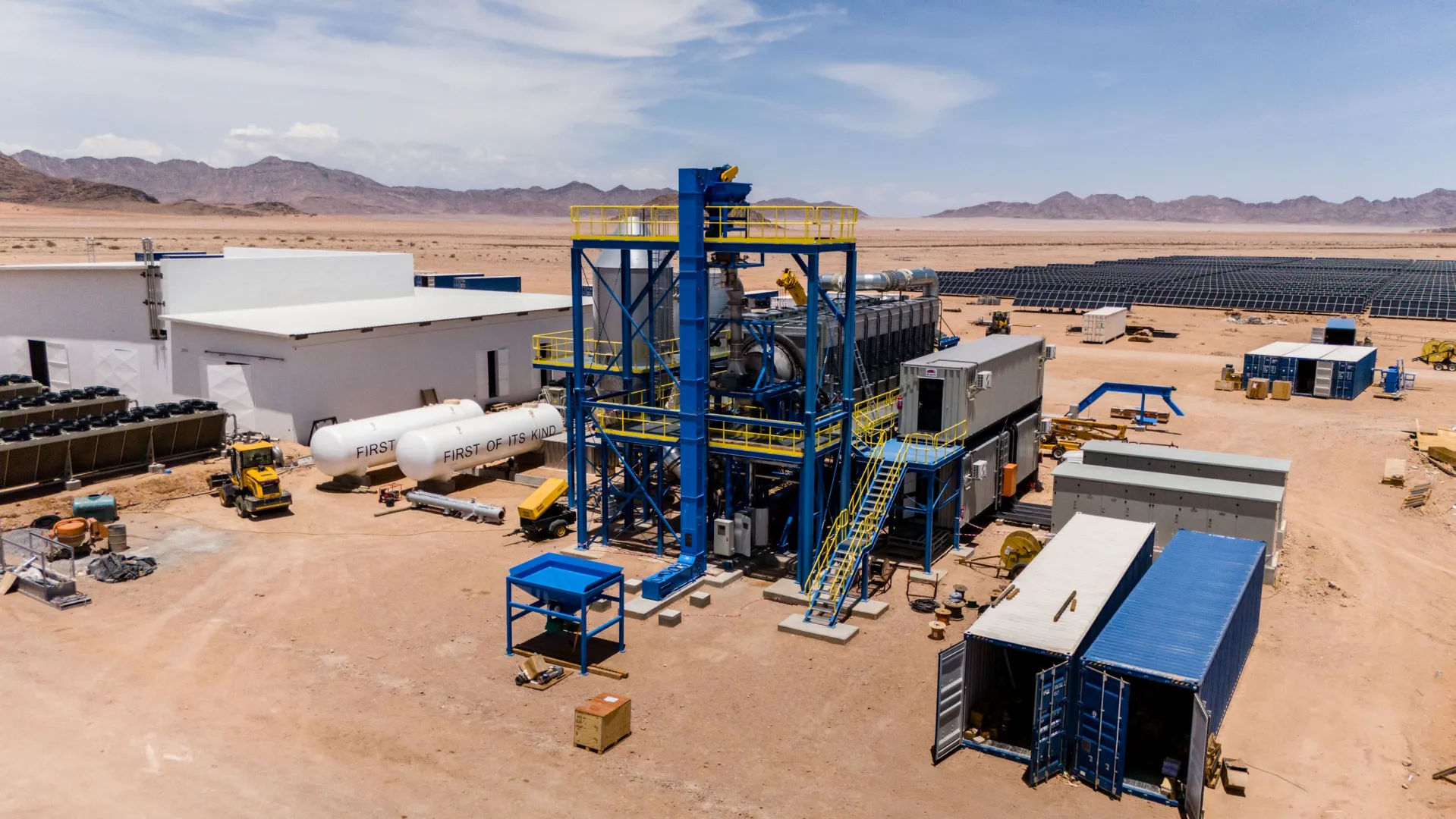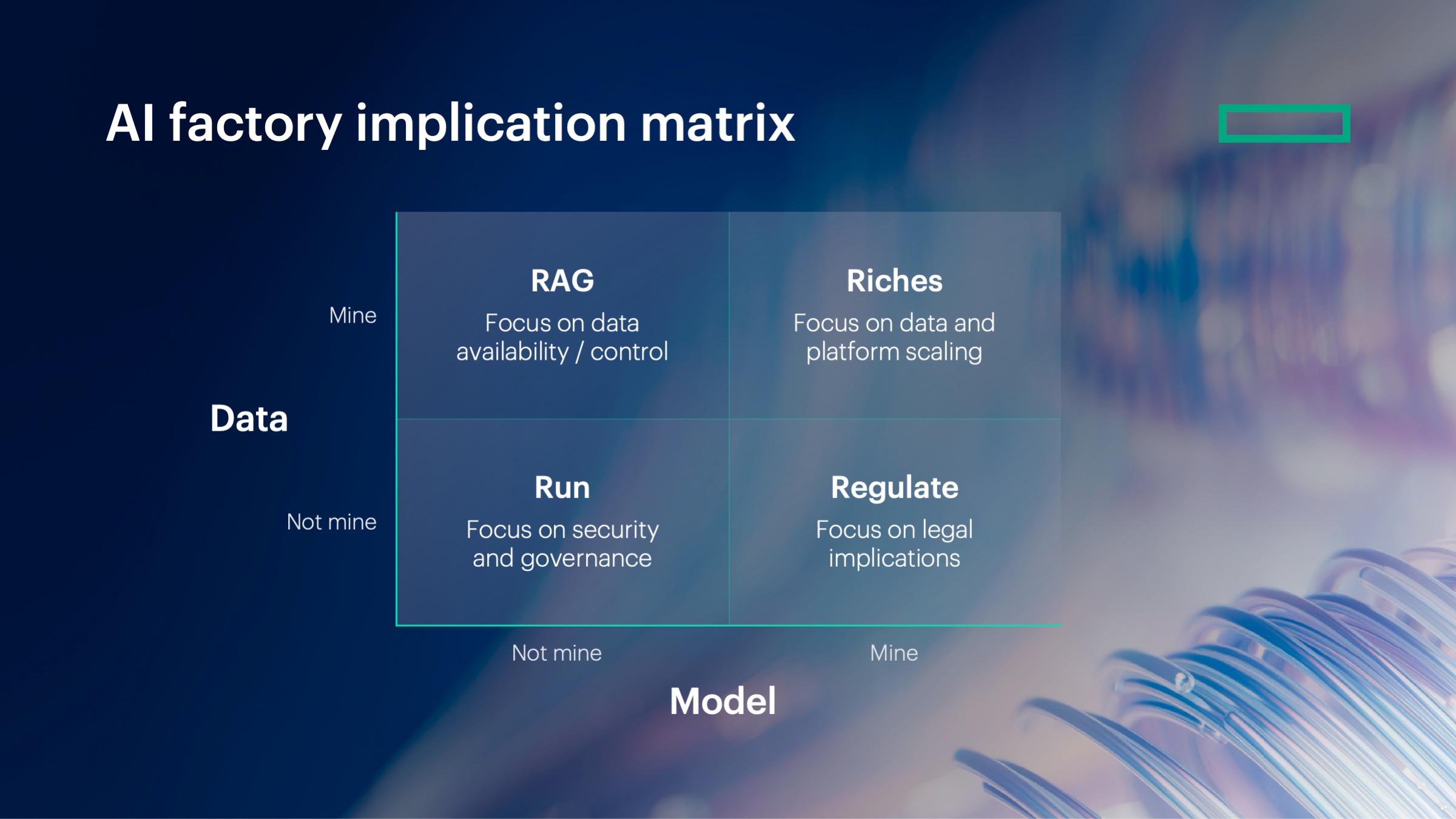
WASHINGTON—U.S. Secretary of Energy Chris Wright issued an emergency order to address critical grid reliability issues facing the Midwestern region of the United States heading into the cold winter months. The emergency order directs the Midcontinent Independent System Operator (MISO), in coordination with Consumers Energy, to ensure that the J.H. Campbell coal-fired power plant in West Olive, Michigan remains available for operation and to take every step to minimize costs for the American people. The Campbell Plant was scheduled to shut down on May 31, 2025 — 15 years before the end of its scheduled design life.
“Because of the last administration’s dangerous energy subtraction policies targeting reliable and affordable energy sources, the United States continues to face an energy emergency,” said Energy Secretary Wright. “The Trump administration will keep taking action to reverse these energy subtraction policies, lowering energy costs and minimizing the risks of blackouts. Americans deserve access to affordable, reliable and secure energy regardless of whether the wind is blowing or the sun is shining, especially in dangerously cold weather.”
Since the Department of Energy’s (DOE) original order issued on May 23, the Campbell plant has proven critical to MISO’s operations, operating regularly during periods of high energy demand and low levels of intermittent energy production. A subsequent order was issued on August 20, 2025.
As outlined in DOE’s Resource Adequacy Report, power outages could increase by 100 times in 2030 if the U.S. continues to take reliable power offline. The emergency conditions that led to the issuance of the original orders persist.
MISO’s service area will continue to face emergency conditions both in the near and long term. Two recent winter studies (2024 – 2025 NERC Winter Reliability Assessment and the 2023 – 2024 NERC Winter Reliability Assessment) have assessed the MISO assessment area as an elevated risk, with the “potential for insufficient operating reserves in above-normal conditions.”
This order is in effect beginning on November 19, 2025, and continuing until February 17, 2026.
Background:
MISO’s Planning Resource Auction Results for the 2025-2026 Planning Year, released in April 2025, noted that for the northern and central zones, which include Michigan, “new capacity additions were insufficient to offset the negative impacts of decreased accreditation, suspensions/retirements and external resources.”
MISO’s resource adequacy problems are not limited to the summer months. In 2022, MISO filed a request with the Federal Energy Regulatory Commission (FERC) for approval to revise its resource adequacy construct (including the Planning Resource Auction or PRA) to establish capacity requirements for each of the four seasons of the year rather than require capacity on an annual basis determined by peak summer demand.1
MISO justified this revision by explaining that, “Reliability risks associated with Resource Adequacy have shifted from ‘Summer only’ to a year-round concern.”2
[1] Midcontinent Independent System Operator, Inc., FERC Docket No. ER22-495-000 (Nov. 30, 2021). This request was approved by FERC on August 31, 2022. Midcontinent Independent System Operator, Inc., 180 FERC ¶ 61,141 (2022).
[2] MISO Transmittal Letter at 3, FERC Docket No. ER22-495-000 (Nov. 30, 2021).
###





















